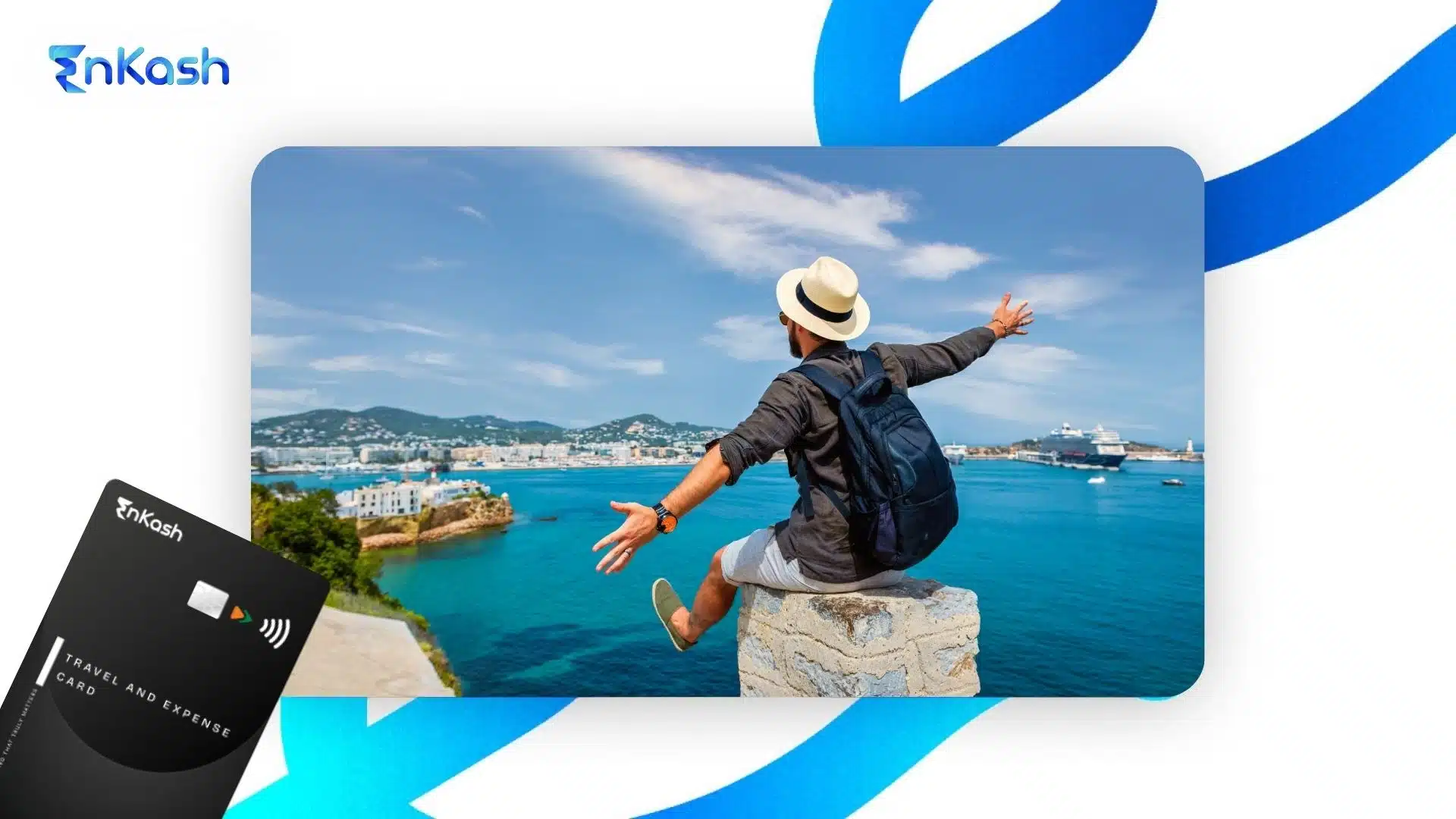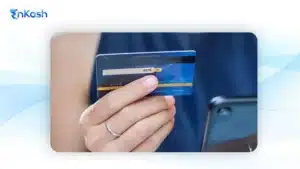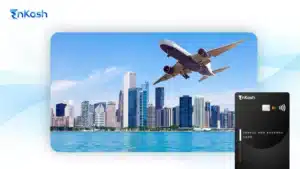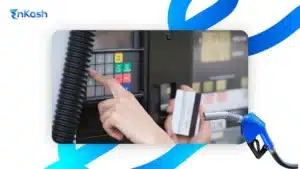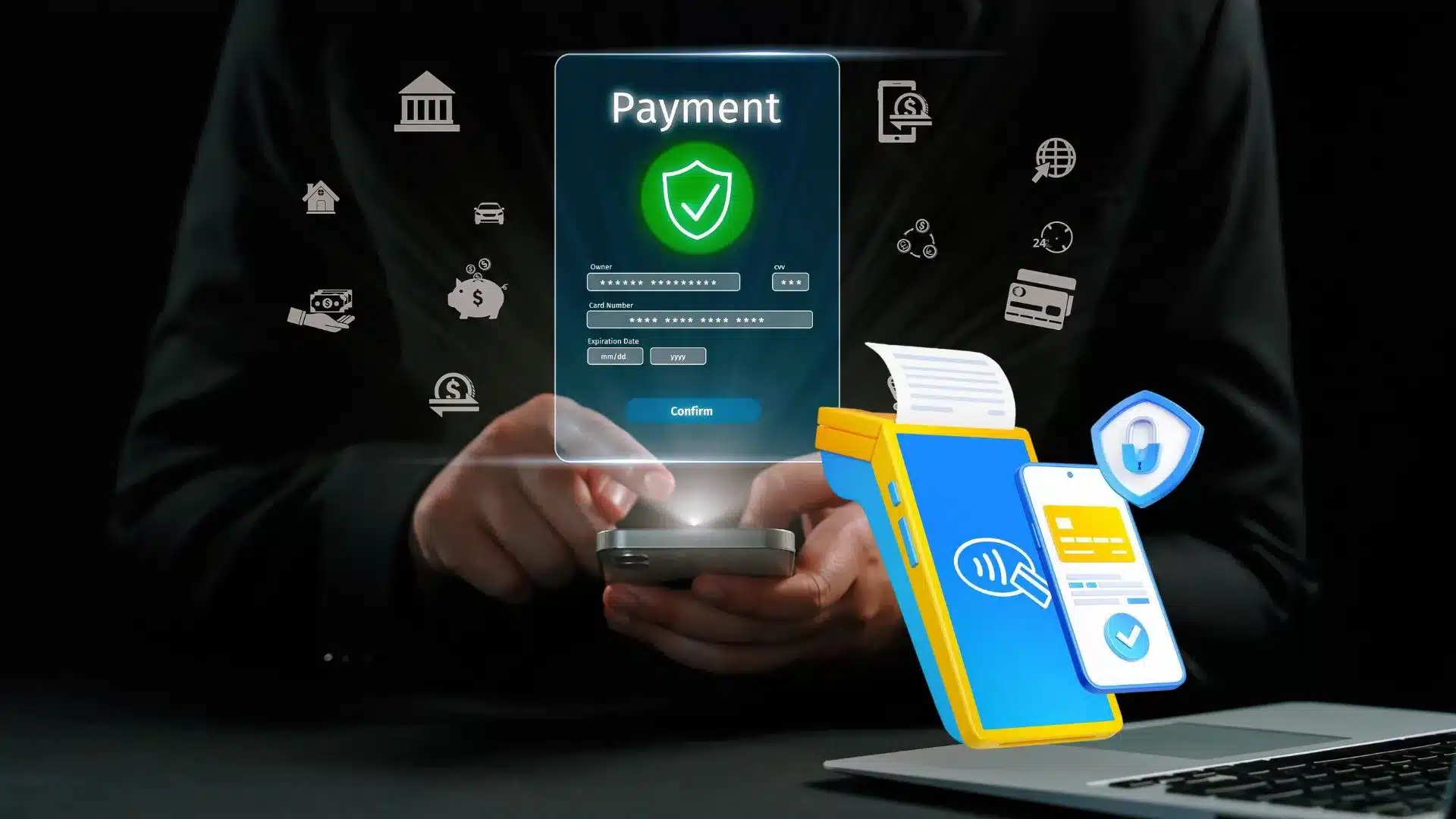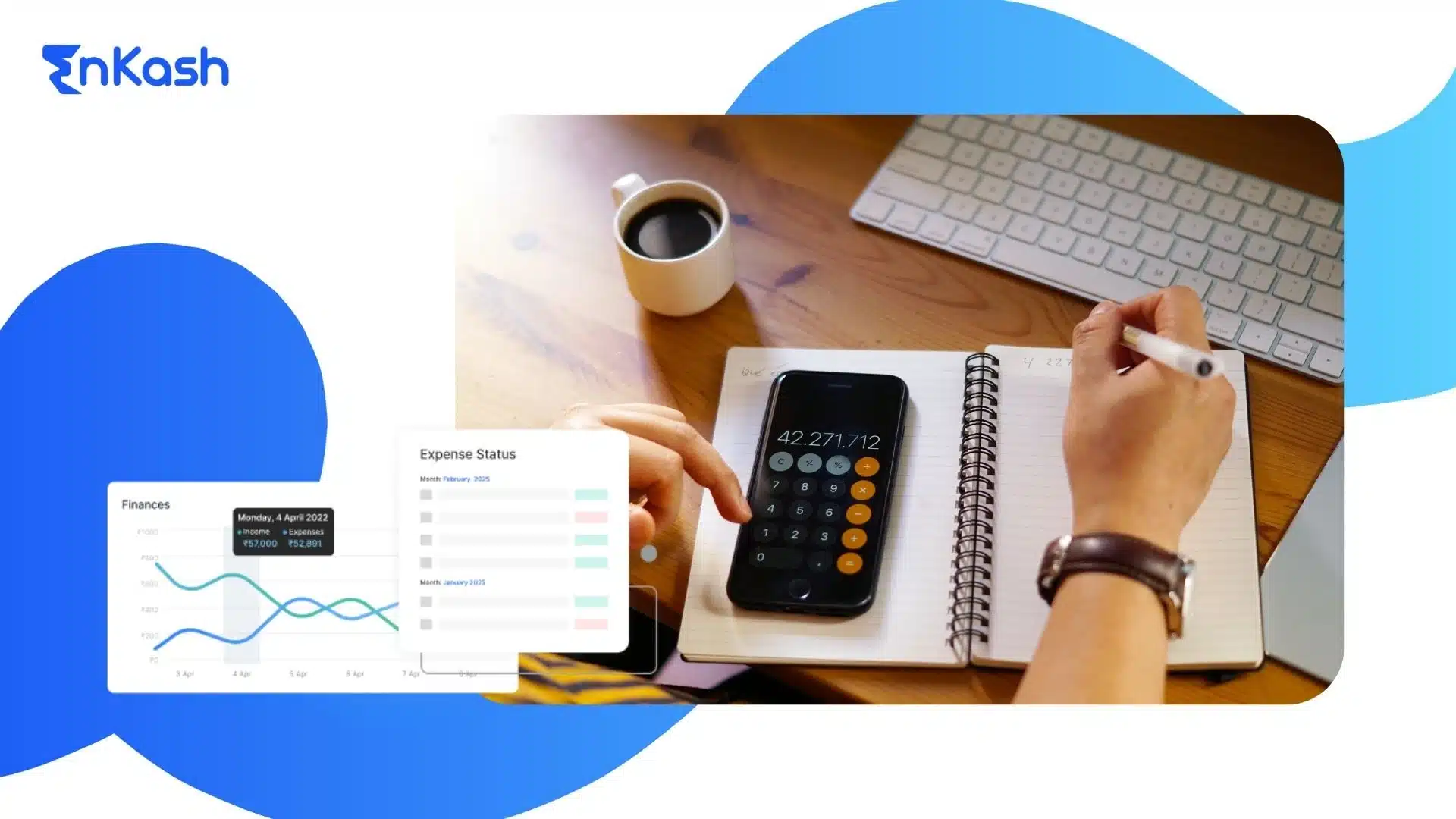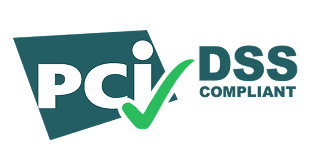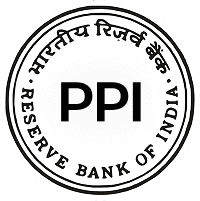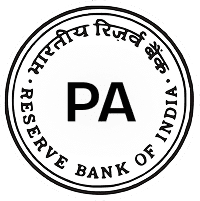What Is a Forex Card and How Does It Work?
A forex card is a prepaid travel card that allows you to load foreign currency before you leave your home country. Instead of carrying bundles of cash, you carry this card, which works just like a debit card abroad. You can swipe it at shops, restaurants, hotels, and use it at ATMs to withdraw local currency when needed.
The process is simple. You approach a bank or financial institution, load the amount you want in the required currency, and receive the card ready for use. Many cards are designed to hold more than one currency, which helps if your trip covers different countries. The amount you load is locked at the exchange rate of that day, so you do not have to worry about sudden changes once you start traveling.
A forex card in India has become a preferred option for international travel because it is easy to use and widely accepted across the world. It also helps you keep your travel budget under control, since you spend only what is loaded on the card. For families sending children abroad for studies or for business professionals heading overseas, the convenience of a prepaid travel card makes it a reliable choice.
In plain words, think of it as carrying money in a safer, smarter format. Instead of worrying about lost currency notes, you carry a tool that gives you both access and security in one place. This is the key difference when comparing a forex card vs foreign currency in cash.
The Hidden Risks of Carrying Foreign Currency Cash
Carrying foreign notes may feel simple at first, but it exposes travelers to risks that can disrupt a trip. Many people still choose cash because it feels familiar, yet the disadvantages become clear once you compare it with a forex card.
- Risk of theft or loss
Cash can disappear in seconds if misplaced or stolen. There is no way to recover it, unlike a safe forex card that can be blocked instantly. - No security features
Currency notes have no protection. A forex card vs foreign currency in cash shows a clear gap, since cards have PINs, chips, and alerts to secure transactions. - Regulatory restrictions
Under Indian rules, travelers can carry only a limited amount in foreign notes. Beyond that limit, you must use instruments like a forex card in India. - Poor traceability
Cash leaves no trail. If you need to track expenses for your own budget or for international business trips, you end up with scattered bills and receipts. - Higher exchange costs
Buying large amounts of currency notes can be expensive due to higher conversion charges. With a prepaid travel card vs cash, travelers usually get better rates locked in at the time of loading. - Inconvenience during travel
Carrying wads of money feels unsafe and uncomfortable. On the other hand, a forex card for foreign travels fits in your wallet like any other card.
Security Features That Make Forex Cards Safer
When comparing a forex card vs foreign currency, the strongest advantage is security. Unlike cash, which can vanish without a trace, a card gives multiple layers of protection that keep your money safer on every trip.
- Chip and PIN protection
Every forex card is embedded with an EMV chip and works with a secure PIN. This makes it far more difficult for criminals to clone or misuse compared to carrying bundles of notes. - Instant blocking and replacement
If a card is misplaced or stolen, you can block it immediately by contacting the issuer. Many providers also give a backup card, so your trip continues without interruption. This is why people call it a safe forex card. - Real-time transaction alerts
Each swipe or ATM withdrawal is followed by an SMS or email alert. This feature helps travelers spot unauthorized activity at once and take action. - Spending control
Unlike cash, where money slips out quickly, a forex card for foreign travels is prepaid. You can spend only what has been loaded, which adds a natural safety cap. - Network protections
Global payment networks support zero-liability policies in cases of fraud, provided the cardholder reports promptly. This is something cash can never offer. - Travel insurance add-ons
Some issuers bundle the card with insurance coverage against misuse or theft. This gives an extra layer of assurance compared to carrying notes in your pocket.
Control and Flexibility for Modern Travelers
A major advantage of using a forex card instead of foreign cash is the control it gives you over spending. Travelers want both convenience and flexibility, and a prepaid card delivers on both.
- Pre-loaded balance management
Since the card is prepaid, you can only use the amount loaded onto it. This helps you stick to your travel budget and prevents overspending. - Reload options during travel
If you run low, most issuers allow online reloads through internet banking or mobile apps. Families back home can also reload funds when needed, making it easier for students or business professionals abroad. - Backup card availability
Many providers issue a secondary card at the time of purchase. If the primary forex card for foreign travels is lost, the backup can be activated immediately, saving you from money troubles. - ATM withdrawal flexibility
Instead of carrying large bundles of currency, you can withdraw smaller amounts abroad as needed. This reduces the risk of loss and keeps cash handling simple. - Multi-currency convenience
A single card can hold several currencies at once. This is useful for travelers visiting multiple countries on the same trip, making the forex card vs foreign currency debate even clearer. - Expense tracking tools
Online statements and mobile alerts allow you to see every transaction in detail. This is especially helpful for companies issuing a forex card for international business trips, since reports can be generated for easy accounting.
Protecting the Value of Your Money With a Forex Card
A forex card is not just about physical safety, it also protects the value of your money during travel. When you buy currency notes, the exchange rate you get can vary from one outlet to another, and the spread is usually higher. With a card, the rate is locked on the day you load it, so your spending is shielded from sudden fluctuations in the market. This means the amount you carry maintains its worth, giving you certainty before your journey begins.
Another advantage lies in how transactions are billed abroad. If you pay in cash, you have no record of the rate applied or the charges involved. By contrast, when you use a safe forex card, every payment is documented with the exact conversion, so you always know where your money went. It also helps you avoid unnecessary losses from hidden costs such as Dynamic Currency Conversion. Choosing to pay in local currency with your card keeps the pricing transparent and fair, something that carrying bundles of notes can never guarantee.
When you compare a prepaid travel card vs cash, the difference goes beyond convenience. The card allows you to lock your rate, protect your funds, and keep better control of how your money is used abroad.
RBI Rules Every Indian Traveler Should Know
For anyone using a forex card in India, it is important to understand the Reserve Bank of India (RBI) guidelines. These rules decide how much you can carry and in what form. Knowing them keeps you compliant and avoids problems at airports or abroad.
- Annual limit under LRS
Indian residents can remit up to USD 250,000 per financial year under the Liberalised Remittance Scheme for travel, education, and other approved purposes. - Cash currency cap
Travelers can usually carry up to USD 3,000 in foreign notes per trip. Anything beyond this must be taken in the form of instruments like a forex card. - Purchase from authorized dealers
Foreign exchange, whether notes or a card, must be bought from an RBI-authorized dealer. Always keep the receipt as proof of purchase. - Reloading and usage rules
A forex card for foreign travels can be reloaded multiple times, but only within the annual limit set by the RBI. - Documentation requirements
Basic KYC documents and proof of travel are needed when you apply or reload a card. These ensure transparency and compliance. - Customs declaration
If you are carrying currency above the permitted limit, you must declare it to customs while leaving or entering India.
When Carrying Some Cash Still Makes Sense
Even with all the benefits of a forex card, there are moments when having a little cash is practical. Small expenses like taxi fares, tips, or street food stalls often require notes, as these places may not accept cards. Carrying a modest amount also helps during emergencies, such as when an ATM is down or a card machine is not working. For safety, travelers usually keep this sum small, relying on the forex card for foreign travel for most payments. This balance allows you to enjoy the security of a card without being caught unprepared in situations where cash is the only option.
Forex Cards for International Business Travel
For professionals going abroad on work assignments, a forex card for international business trips offers more control and convenience than carrying currency notes. Companies also prefer them because they simplify management of travel expenses.
- Controlled corporate spending
Employers can load a fixed amount on the card, which ensures employees stay within approved budgets. - Reduced petty cash risks
Carrying large sums of foreign notes can be unsafe. A card minimizes the chance of theft or misuse. - Easy expense tracking
Every transaction is recorded, making it simple to generate statements for reimbursement and audits. - Merchant category restrictions
Cards can be restricted to specific types of spending, which prevents use at unapproved outlets. - Simplified reporting for finance teams
Automated statements cut down the need for collecting bills, saving time and reducing errors. - Global acceptance
A forex card works on international payment networks, so business travelers can use it at hotels, restaurants, or ATMs worldwide.
Safe Usage Checklist for Travelers
Carrying a forex card makes international travel safer, but using it wisely is just as important. A few simple precautions can protect your funds and give you peace of mind throughout your trip.
- Set daily ATM limits
Adjust withdrawal limits before you travel. Smaller limits reduce exposure if the card is compromised. - Use local currency at payment terminals
Always choose the local currency option at stores or restaurants. This prevents extra charges from Dynamic Currency Conversion. - Memorize your PIN
Do not write your PIN on paper or save it on your phone. Shield the keypad every time you enter it. - Block immediately if lost or stolen
Keep the helpline number handy. Report quickly so the bank can freeze the card and activate your backup if provided. - Enable SMS and email alerts
Turn on real-time notifications. This helps you track spending and catch unauthorized activity without delay. - Carry a small backup payment method
Keep a credit card or some cash for emergencies. This adds a safety net in case your forex card is temporarily blocked. - Avoid public Wi-Fi for online access
Use secure networks when checking balances or reloading your safe forex card. Public Wi-Fi may expose you to cyber risks. - Check statements regularly
Review your transactions every few days. Early detection of errors or fraud makes resolution easier. - Inform the bank of travel plans
Some issuers flag unusual overseas activity. Sharing your itinerary can reduce the chance of blocked transactions. - Store card details securely
Keep a copy of your card number and customer ID in a safe place at home or with a trusted family member.
Conclusion: Why Forex Cards Are the Smarter Choice Than Cash?
Traveling with a forex card offers far greater safety and control compared to carrying foreign currency notes. Cash can be lost, stolen, or restricted by regulations, while a card gives security through PIN protection, real-time alerts, and the option to block it instantly if something goes wrong. Beyond physical safety, it also protects the value of your money by locking in exchange rates and avoiding unnecessary fees. Whether for leisure or international business trips, a forex card for foreign travel allows you to focus on your journey instead of worrying about your funds. In every way that matters, it is a smarter, safer, and more reliable choice than cash.
FAQs
1. Can a forex card be hacked like online wallets?
A forex card uses EMV chip technology and PIN-based transactions, which makes it very hard to clone compared to older magnetic stripe cards. Hackers cannot directly access the balance. Still, safe usage habits, such as avoiding public Wi-Fi when checking balances, are important.
2. Do forex cards provide insurance if my card is stolen abroad?
Many issuers bundle complimentary travel insurance with a safe forex card. This may include protection against fraudulent transactions, lost baggage, or theft. Coverage depends on the provider, so it is wise to read terms carefully and confirm the extent of protection before relying on it.
3. What happens to leftover money on a forex card after my trip?
Unused balance can either be encashed at the issuing bank or refunded into your savings account. This refund is done at prevailing exchange rates, minus applicable fees. Some travelers choose to keep a small balance for their next foreign travels to avoid repeated reloads.
4. Can students studying abroad rely fully on a forex card?
Yes, many families prefer a forex card in India for children going overseas. Parents can reload funds from home, track expenses through statements, and keep spending secure. Students still need a little cash for local buses or small shops, but the card covers major costs.
5. Are forex cards safer than traveler’s cheques?
Traveler’s cheques are less common today and are often inconvenient to encash. A forex card vs foreign currency in cheque form is safer, since it works like a debit card and offers instant acceptance at ATMs and stores, whereas cheques may require long waits or commissions.
6. How does a forex card help with budgeting during a trip?
Since it is prepaid, you can only spend what is loaded. Real-time SMS alerts and online statements allow you to track every payment. This makes a prepaid travel card vs cash a smarter tool for travelers who want to keep control of daily expenses.
7. Can I reload my forex card from abroad if I run out of balance?
Yes, most issuers allow reloading through online banking or authorized dealers. Funds may take a few hours to reflect. Having this facility ensures you are never stranded abroad, which makes a forex card for foreign travels more reliable than carrying a fixed amount of notes.
8. Do all shops and hotels abroad accept forex cards?
A forex card runs on global networks like Visa or MasterCard, so acceptance is very high. However, some very small merchants may refuse cards. In such cases, travelers should withdraw modest amounts from an ATM and use cash, while keeping the majority of funds secure on the card.
9. Are there risks of overspending on a forex card like with credit cards?
No, because a forex card is prepaid. You cannot go beyond the loaded balance, unlike a credit card, where limits are higher. This keeps travel expenses predictable and safe. If more money is required, reloads can be done, but only within your planned budget.
10. Can a forex card be used for online shopping on foreign websites?
Yes, most cards work for online purchases in the loaded currency. Still, it is safer to use them only on trusted websites. Enabling OTP-based verification and alerts keeps transactions secure. For students or professionals abroad, this makes online shopping easier without depending on credit cards.

